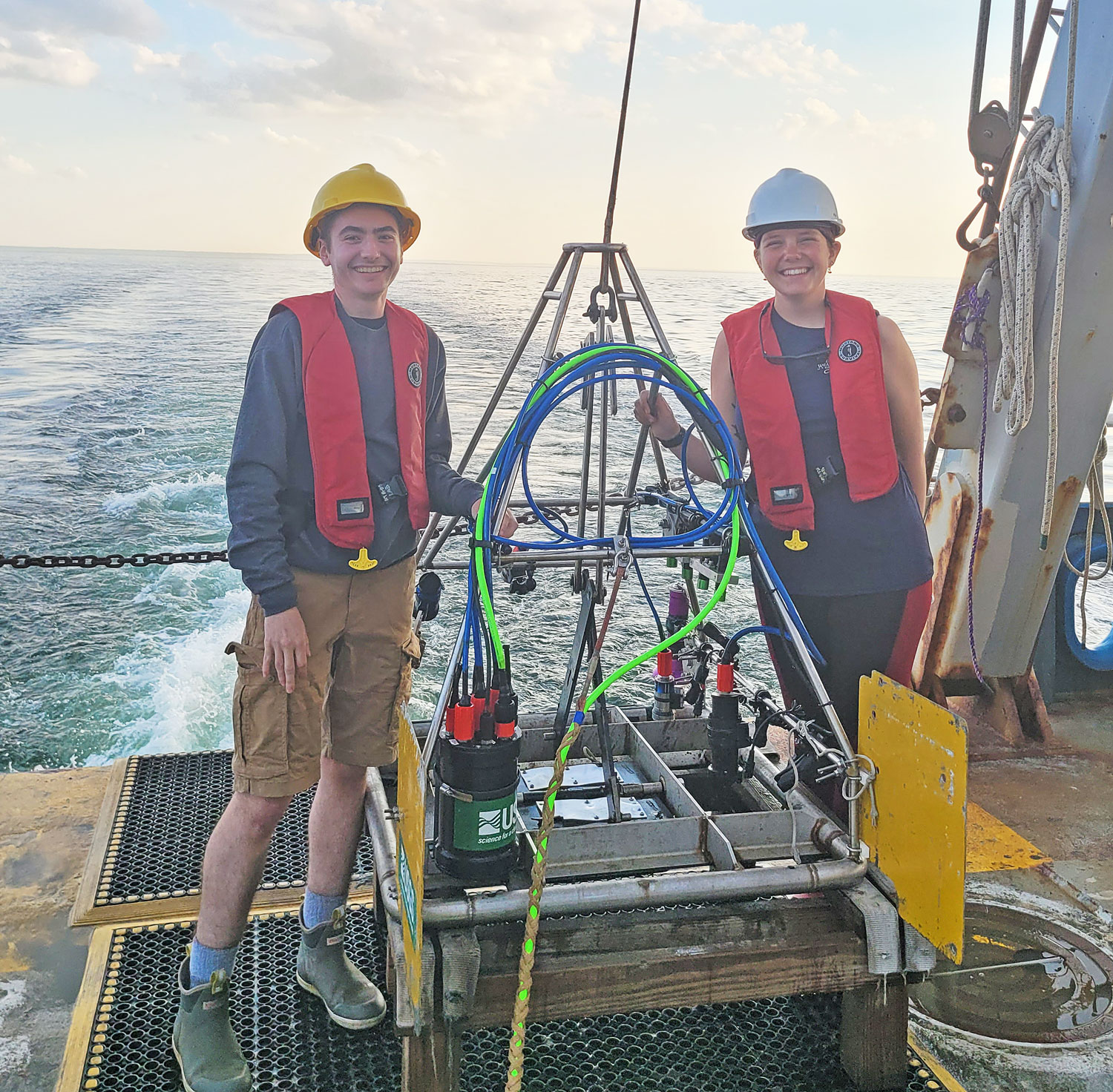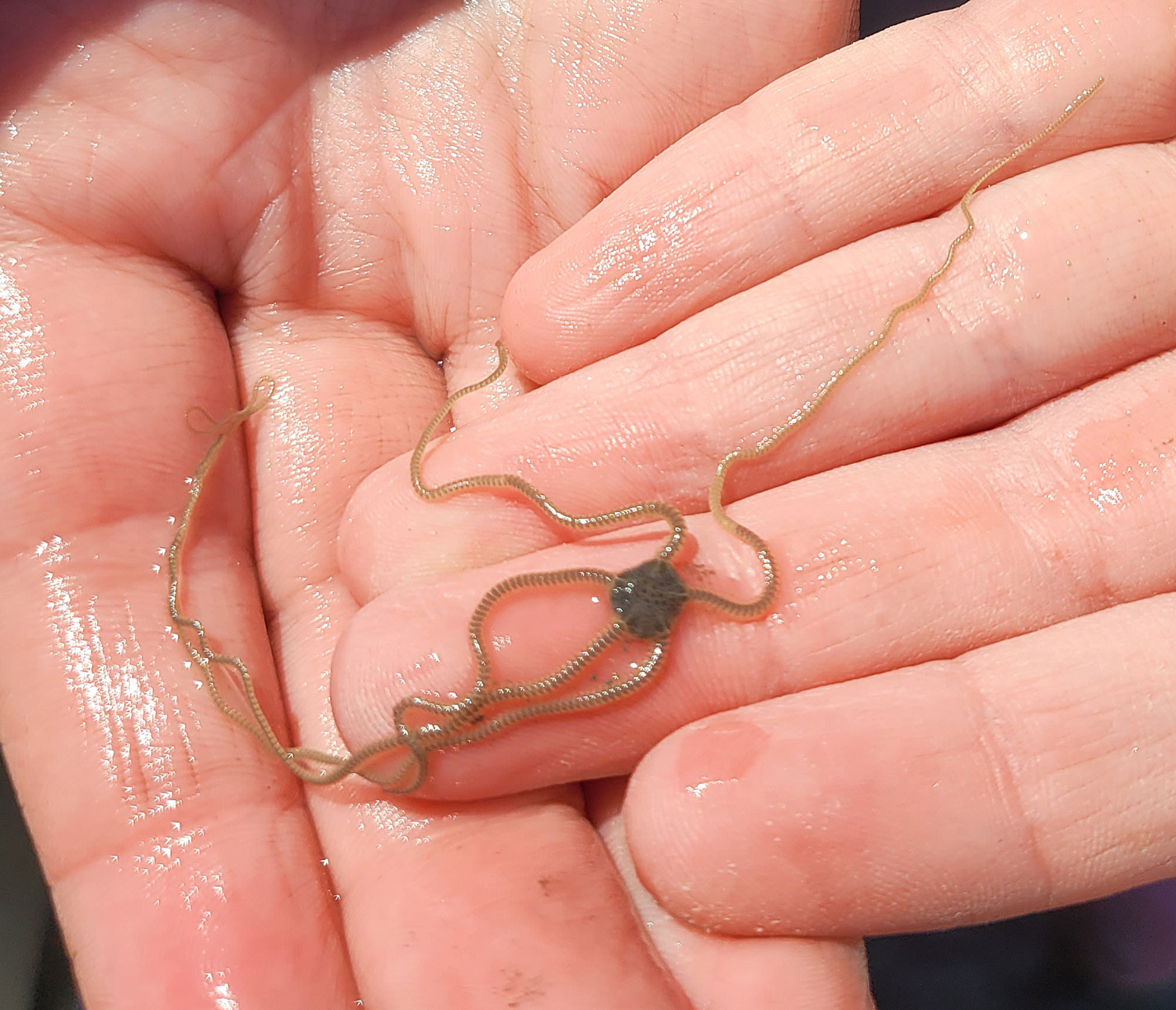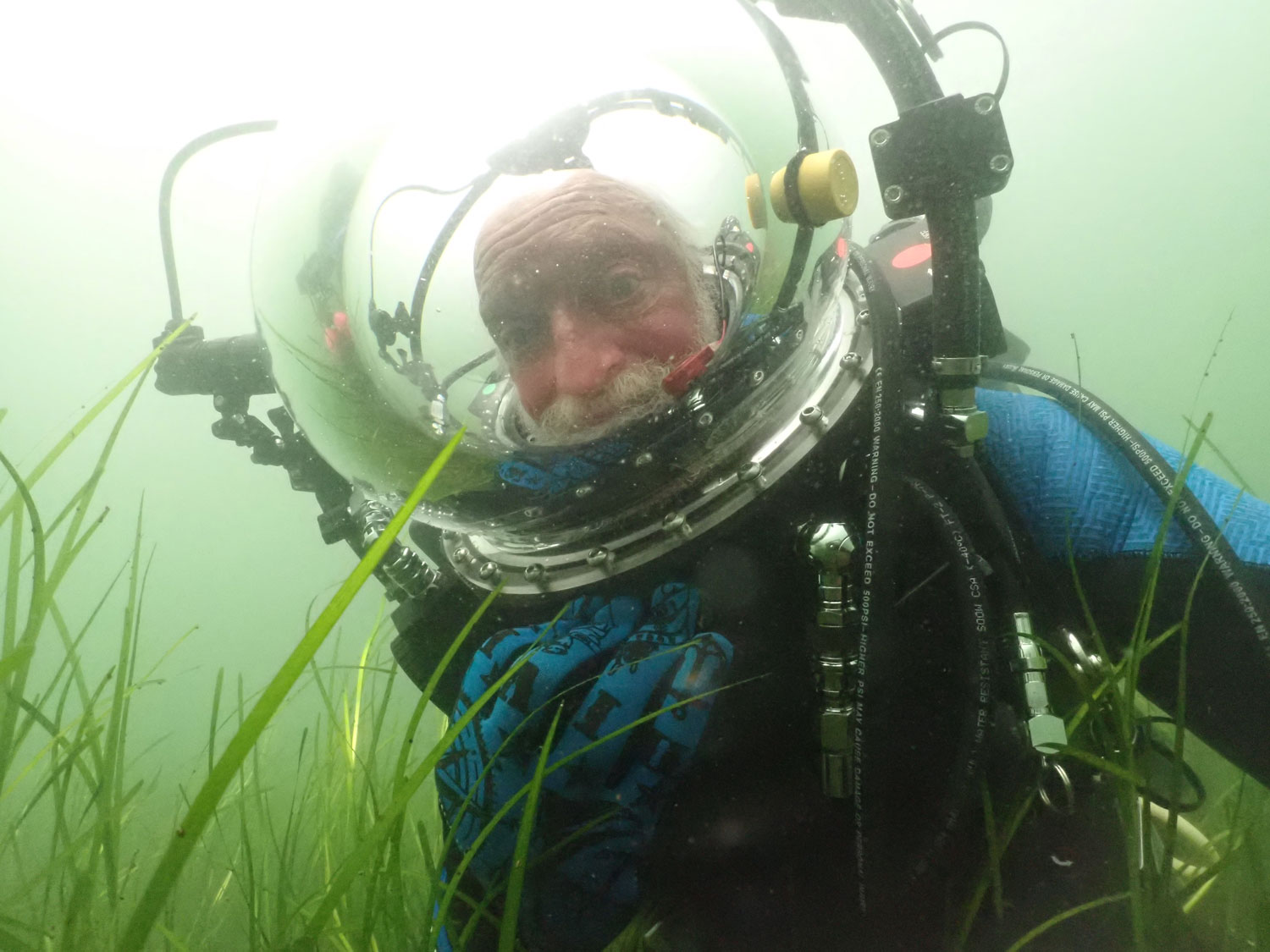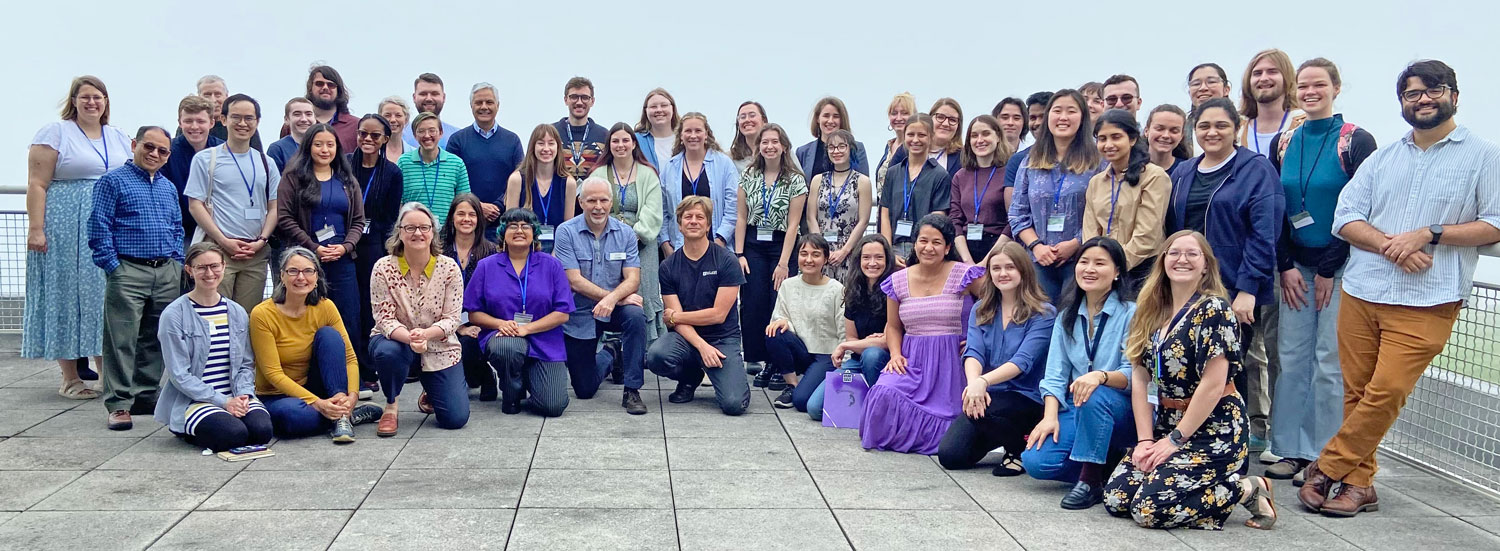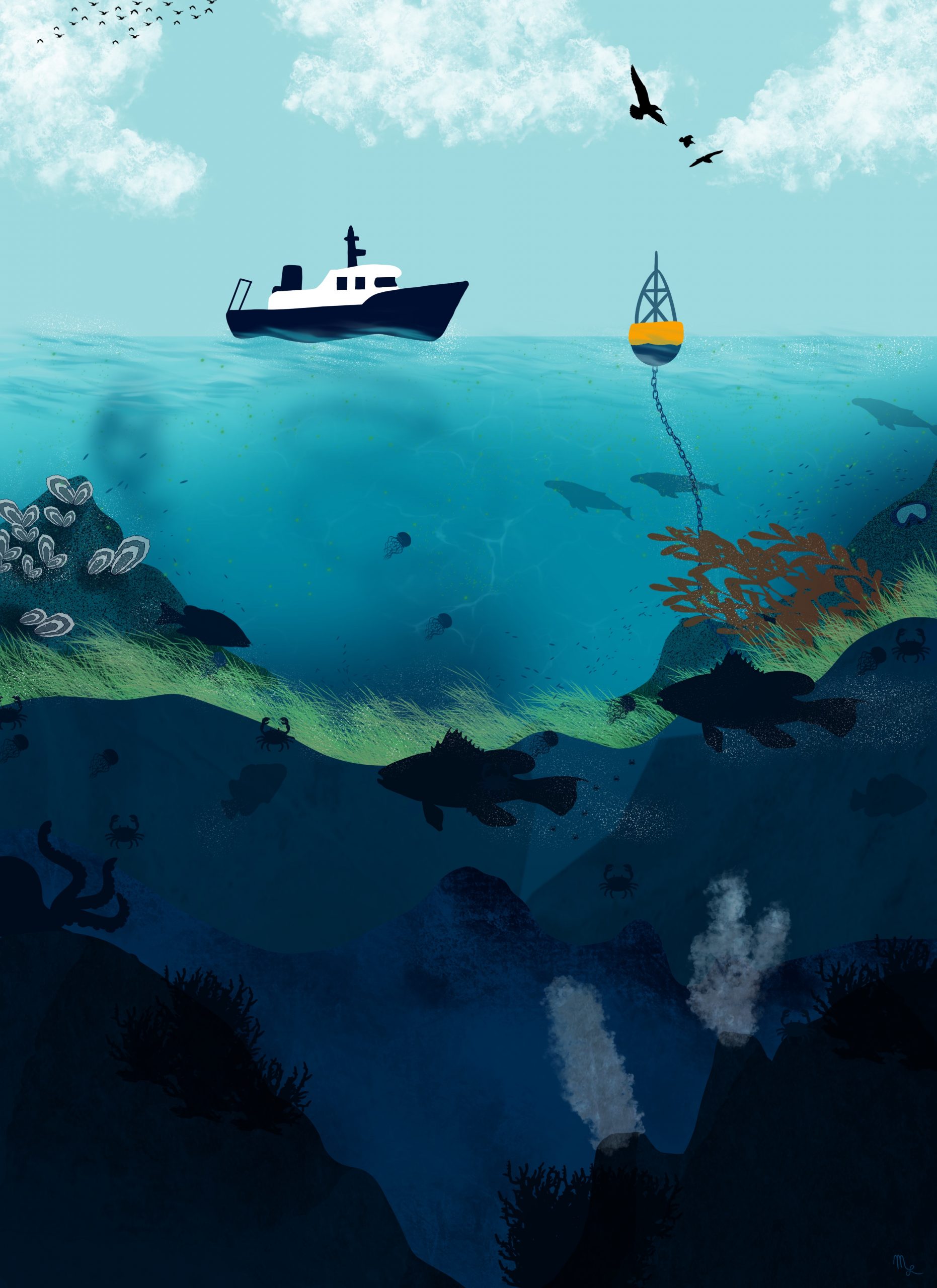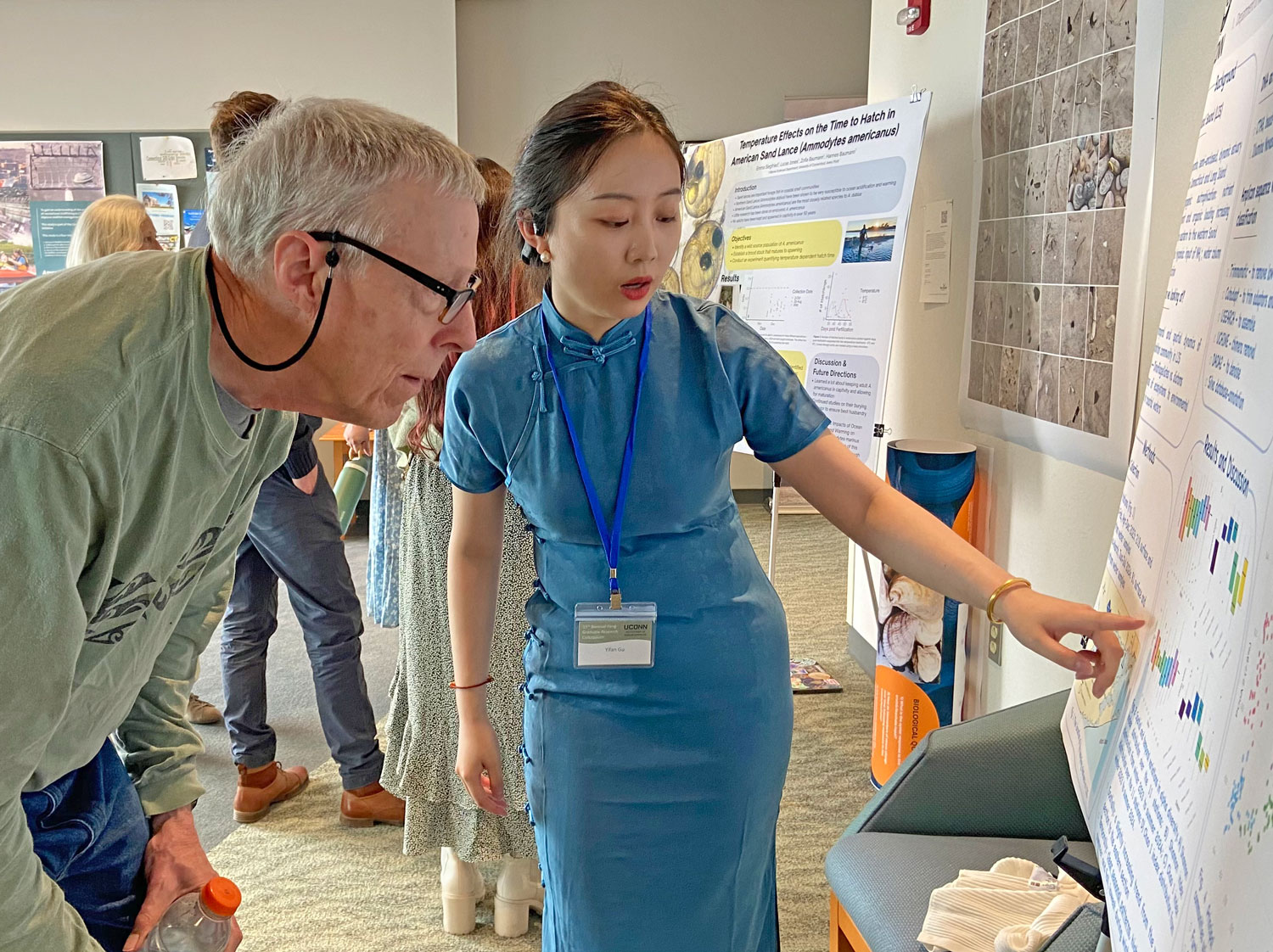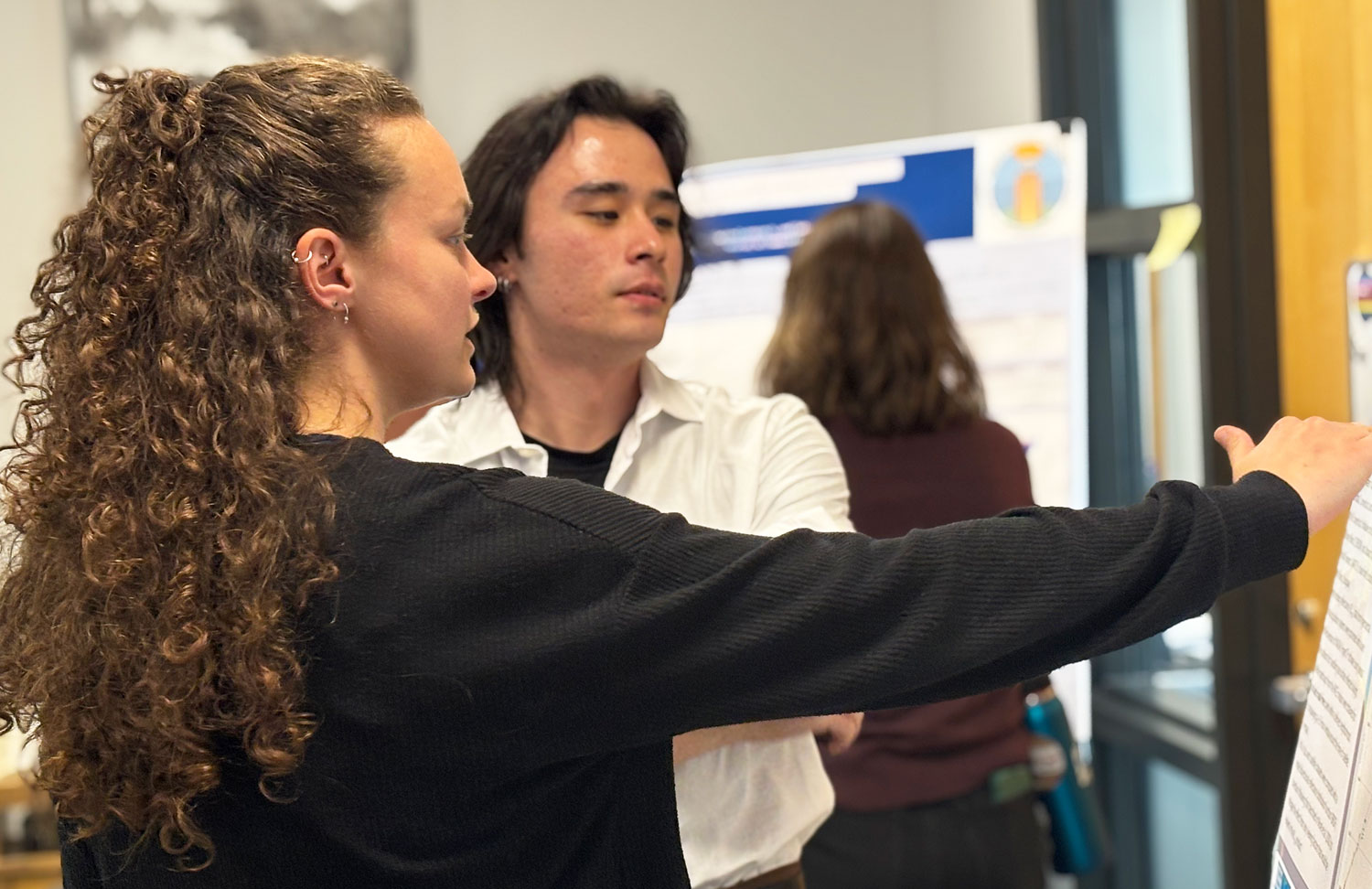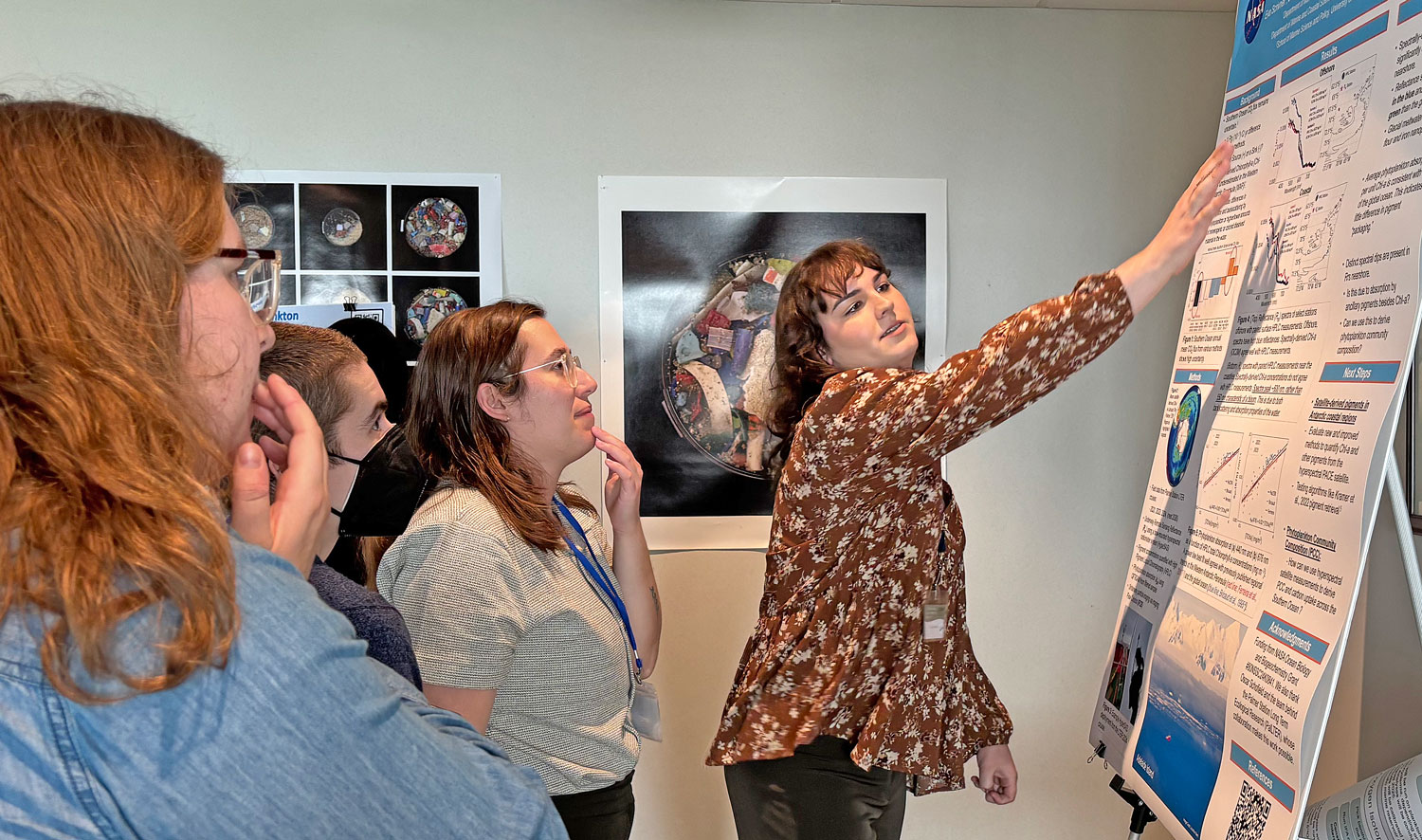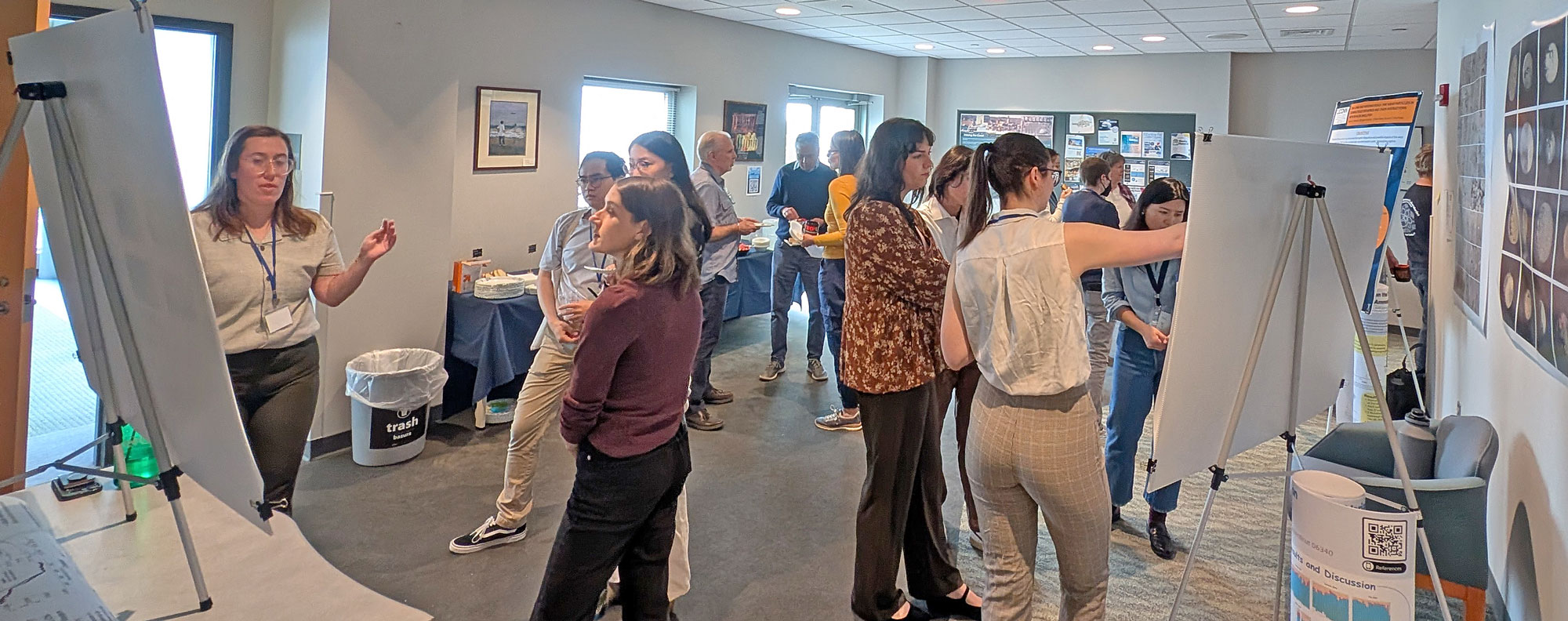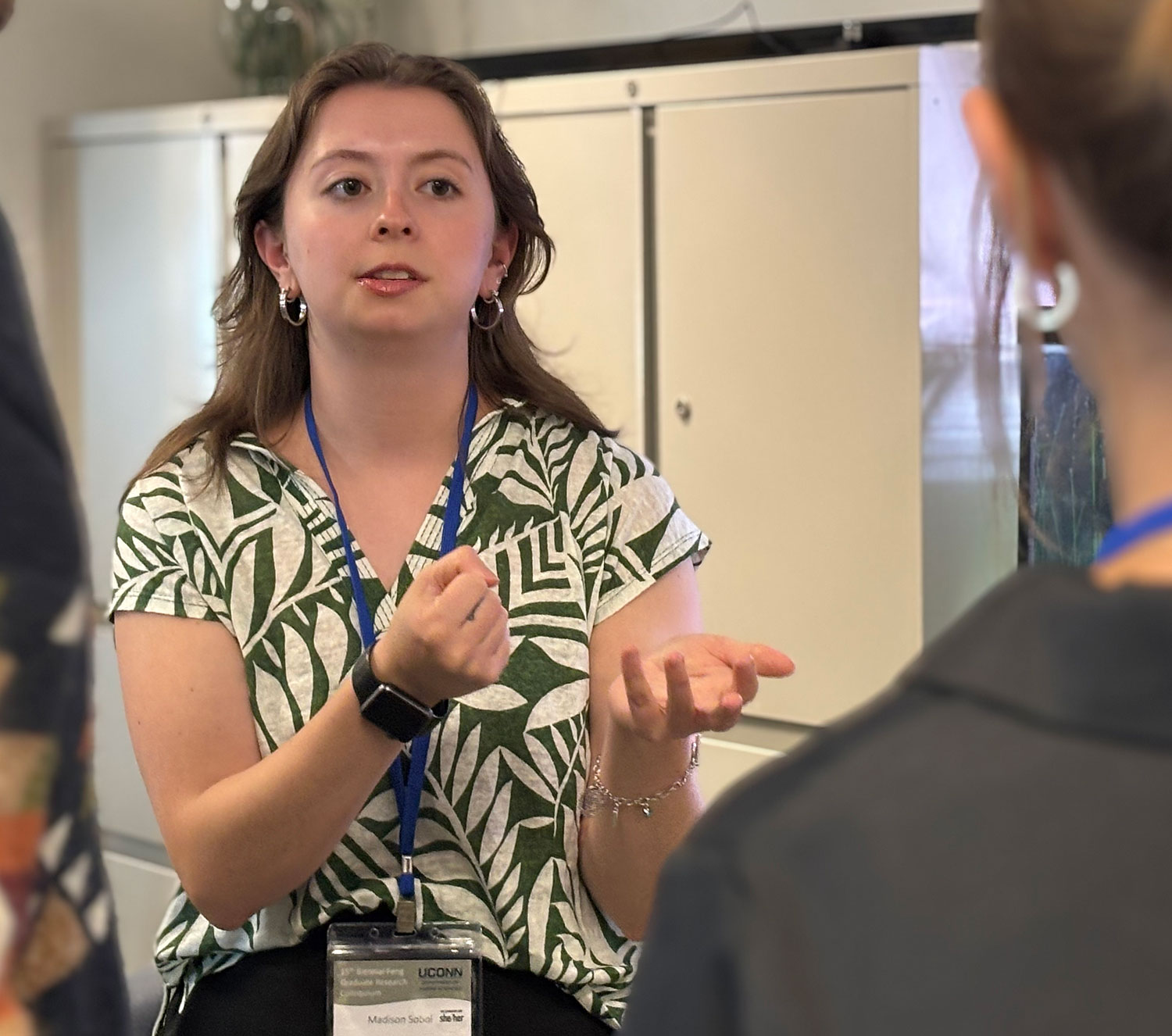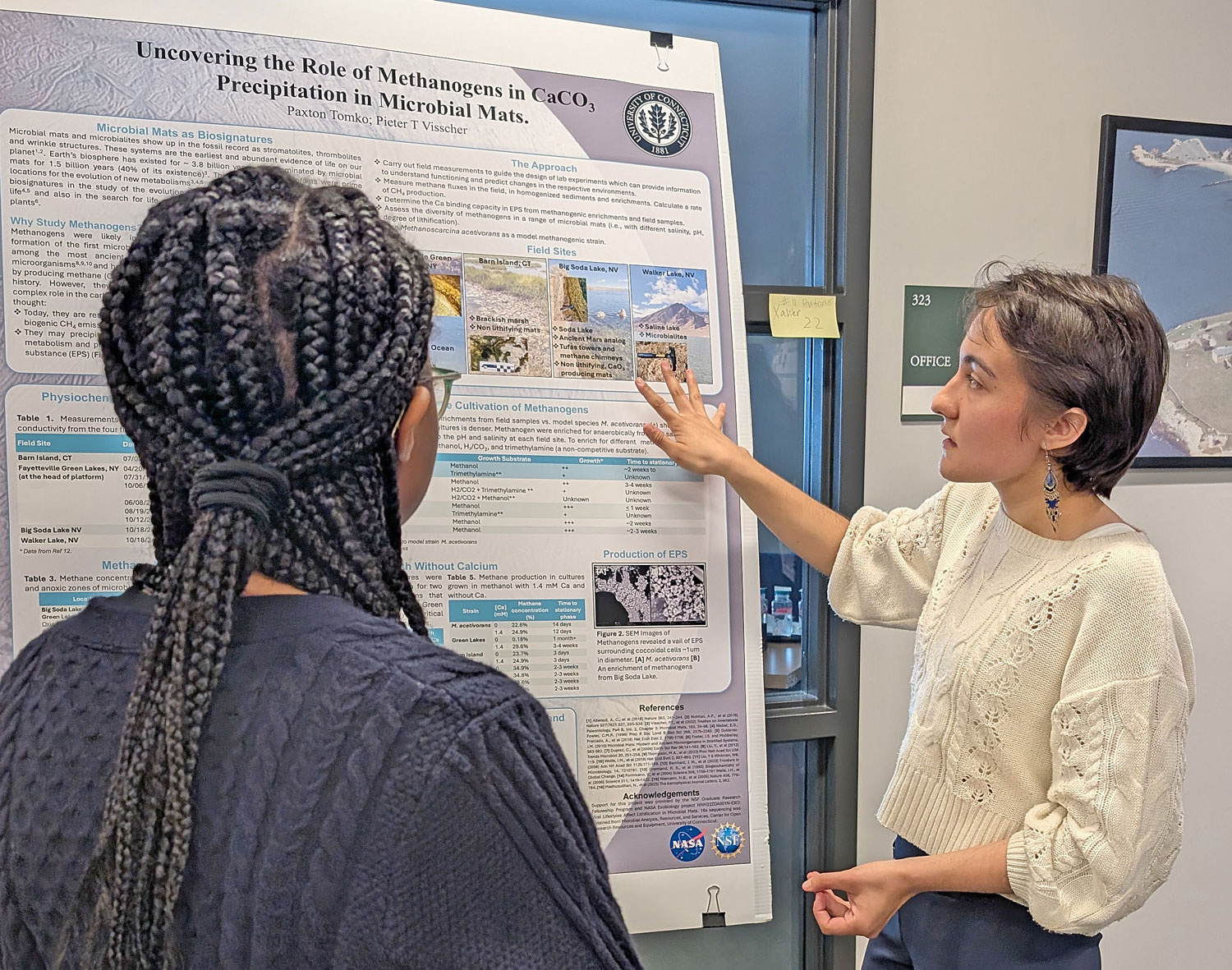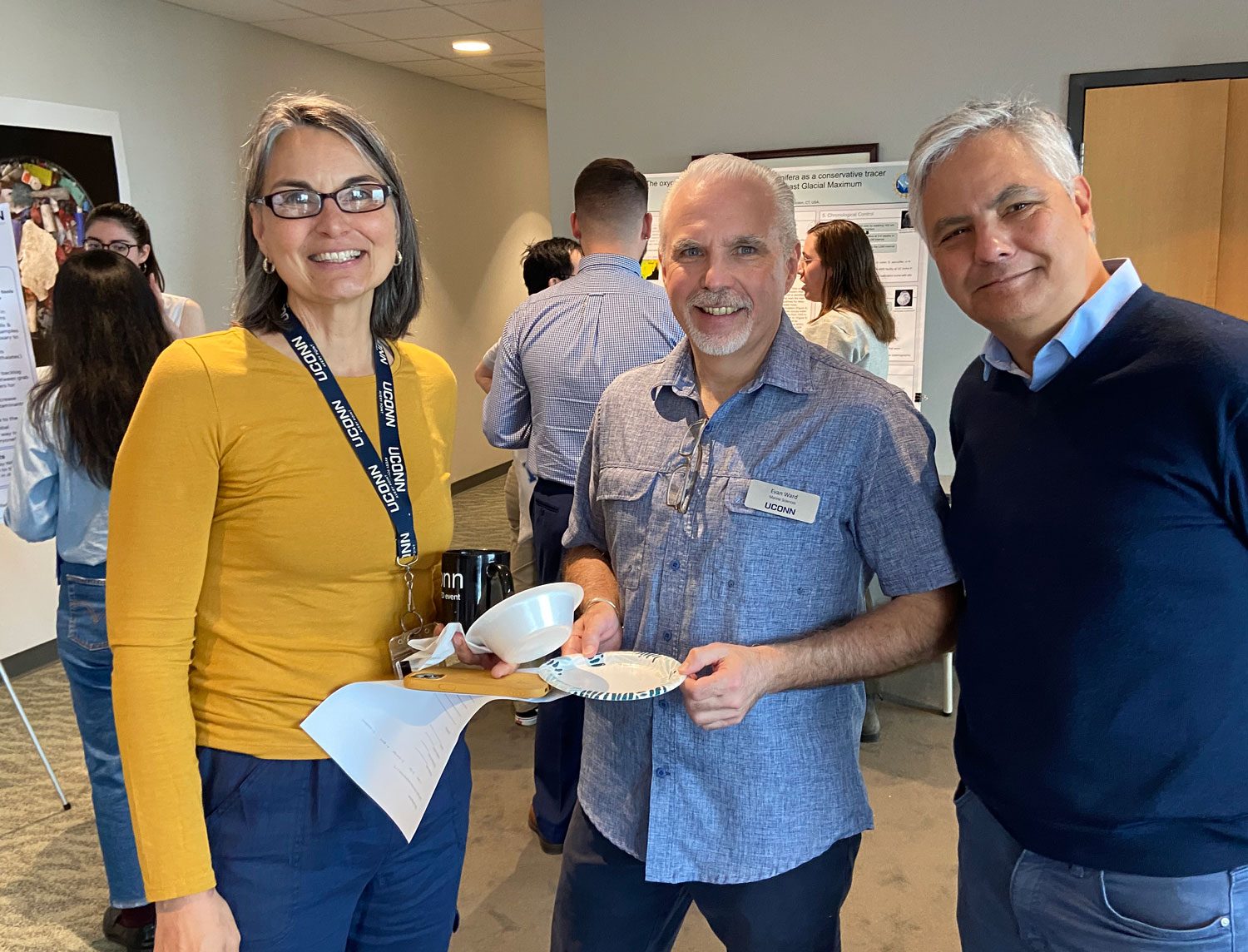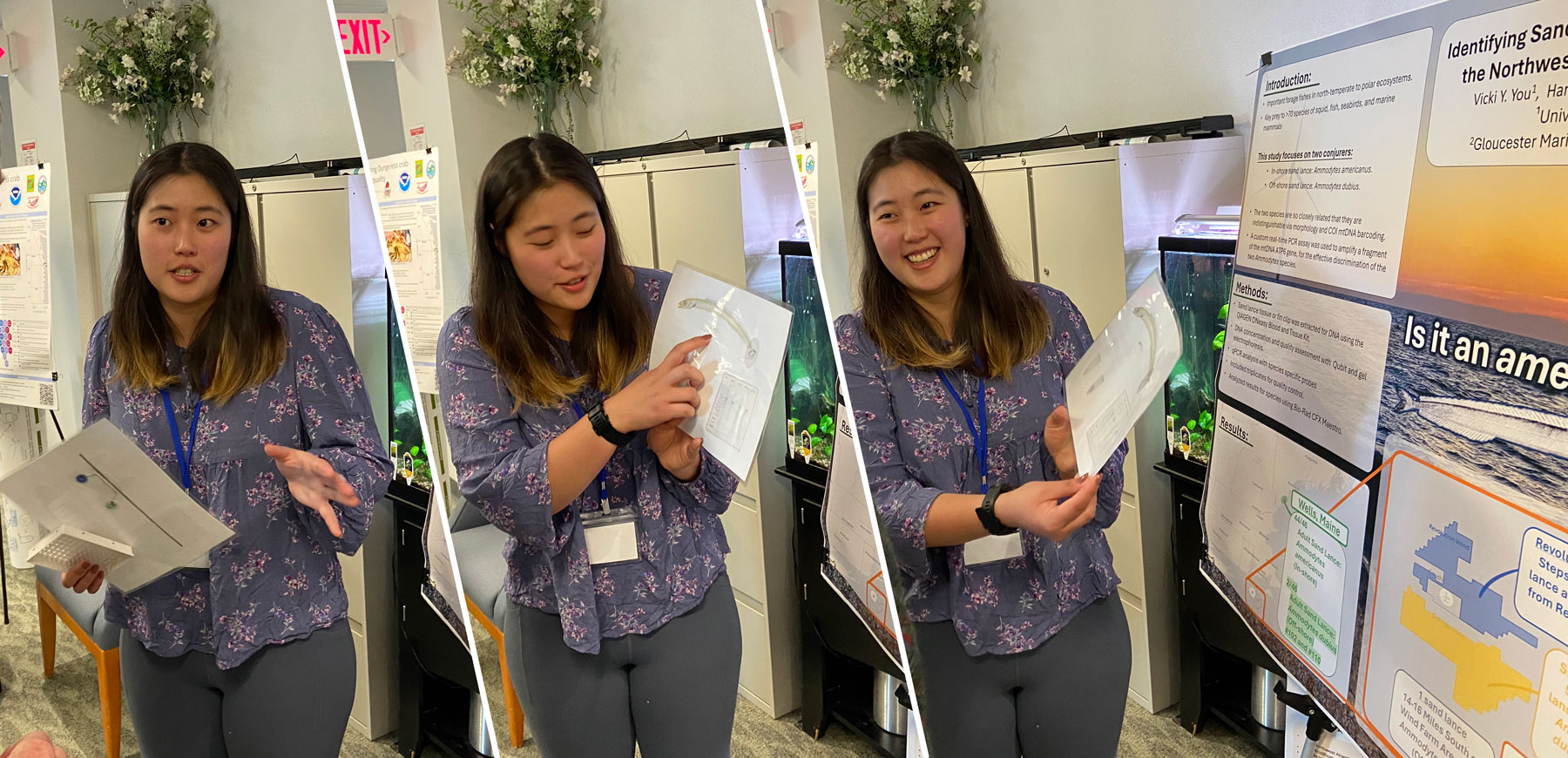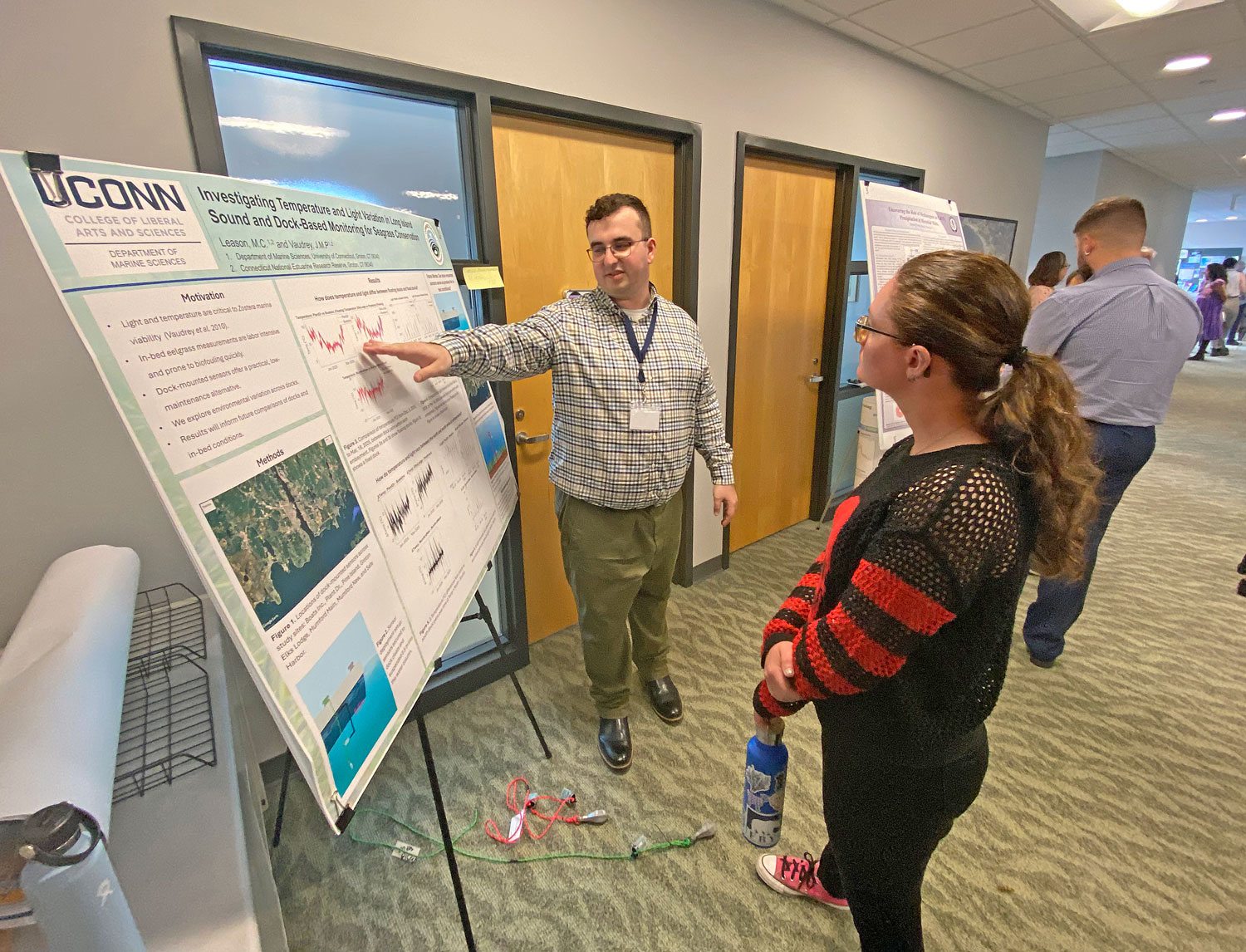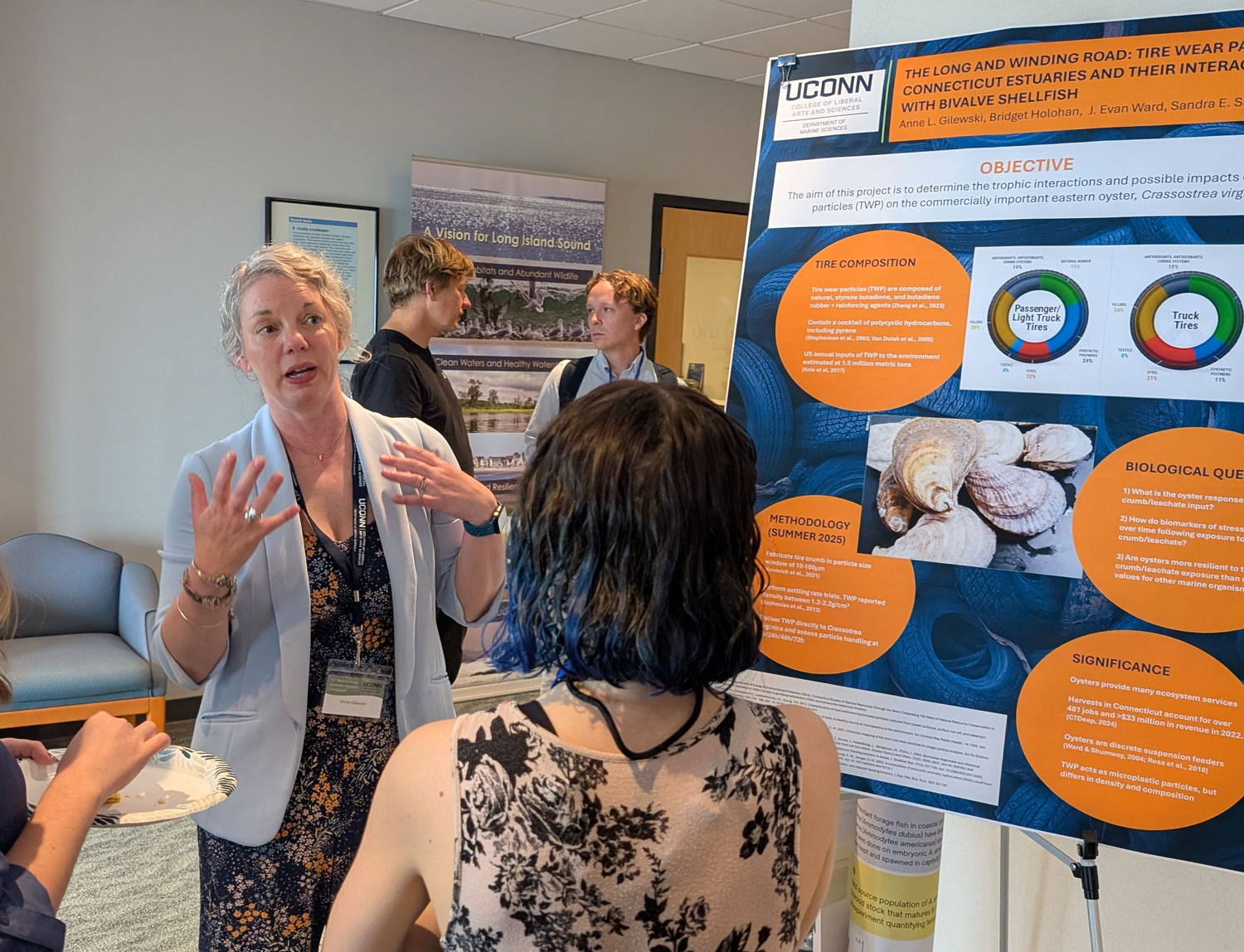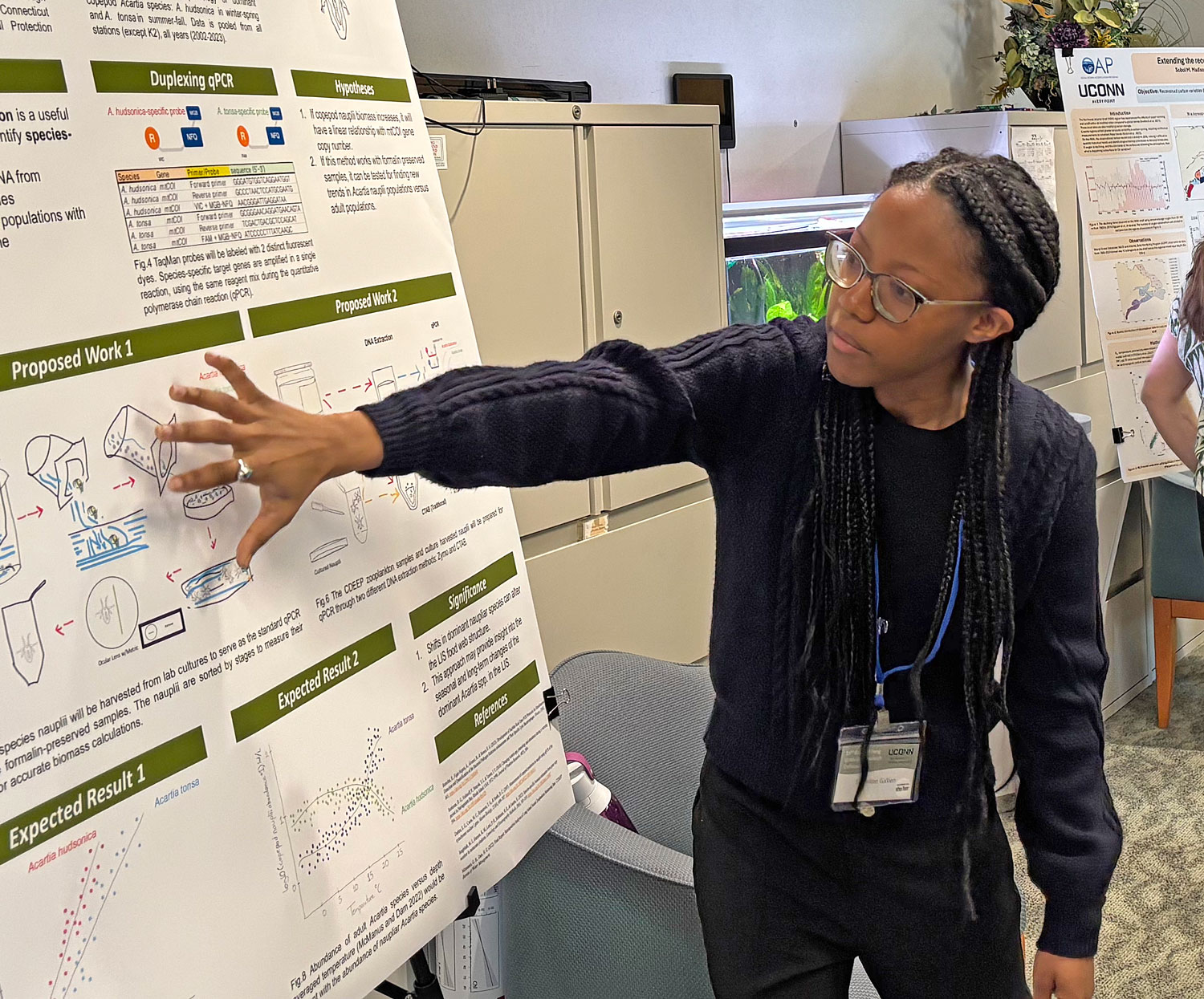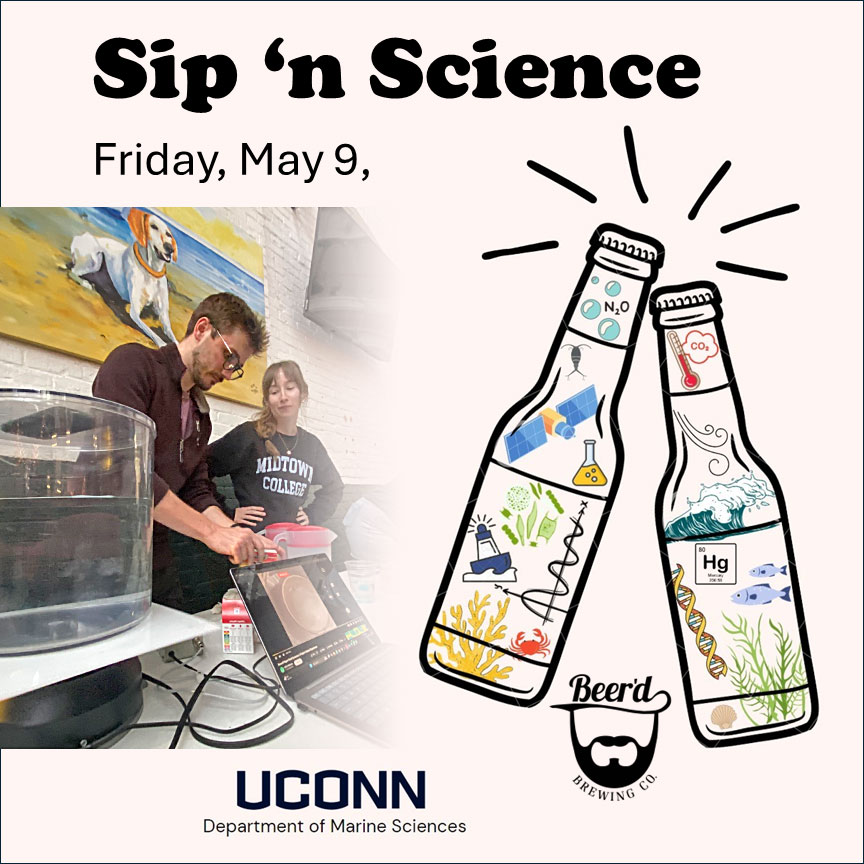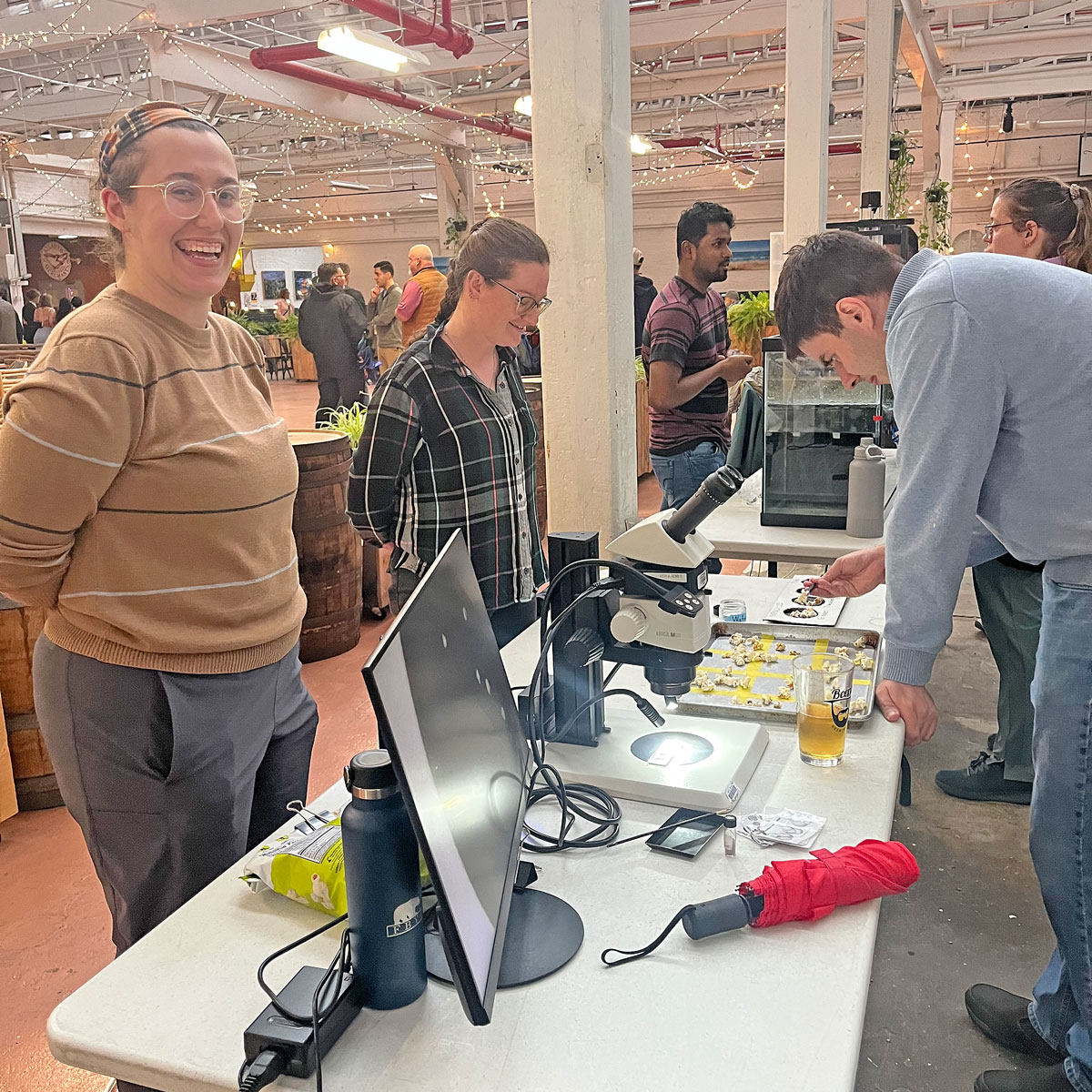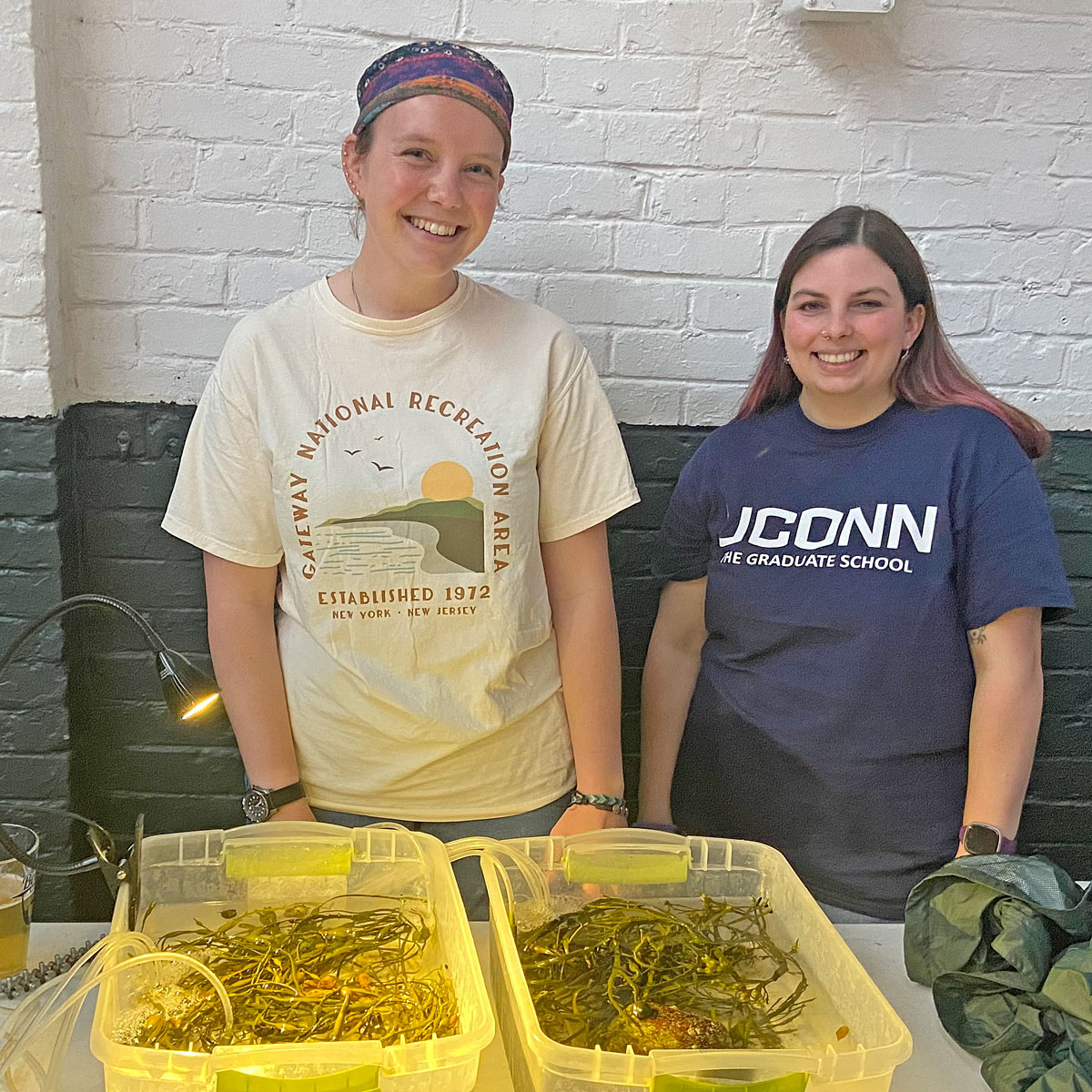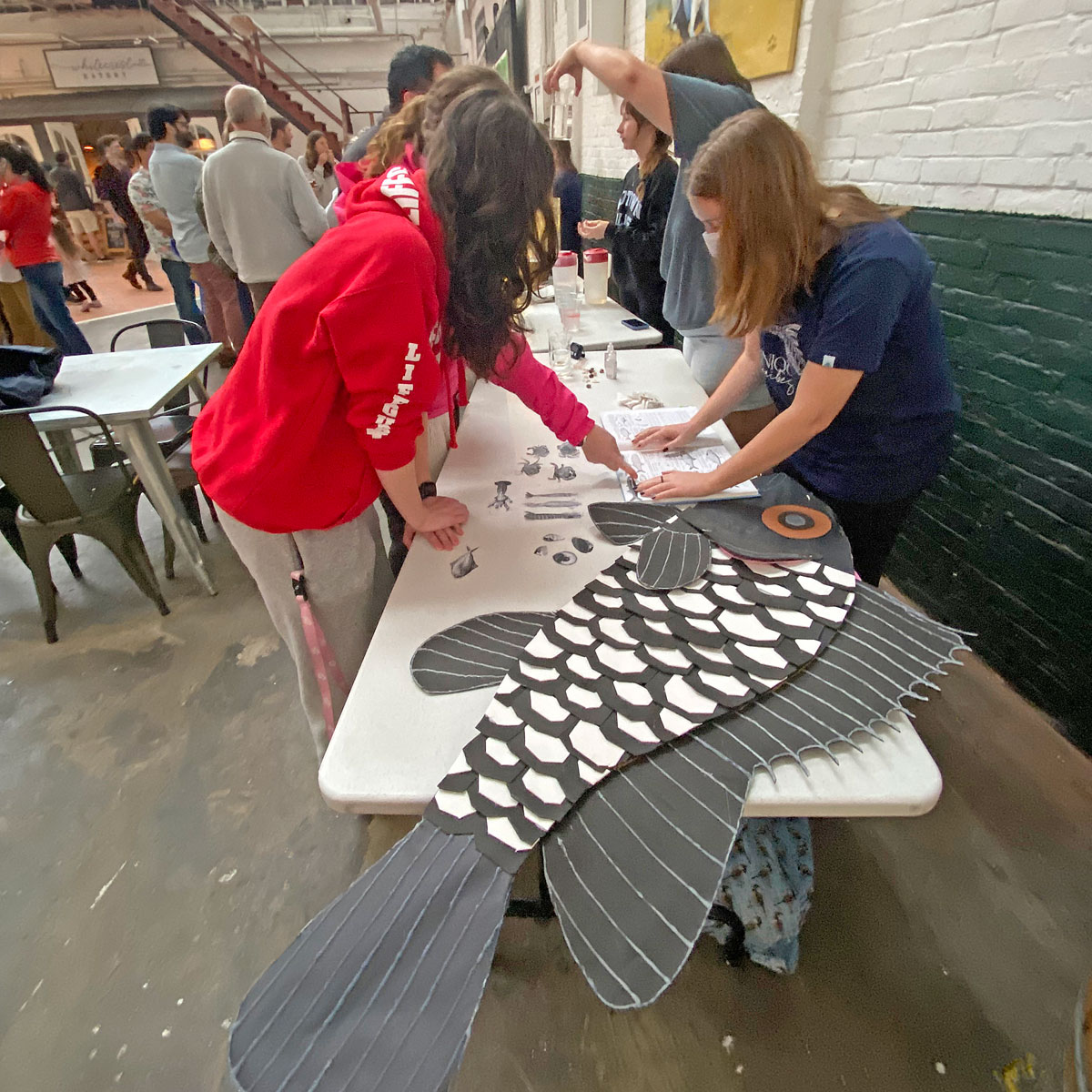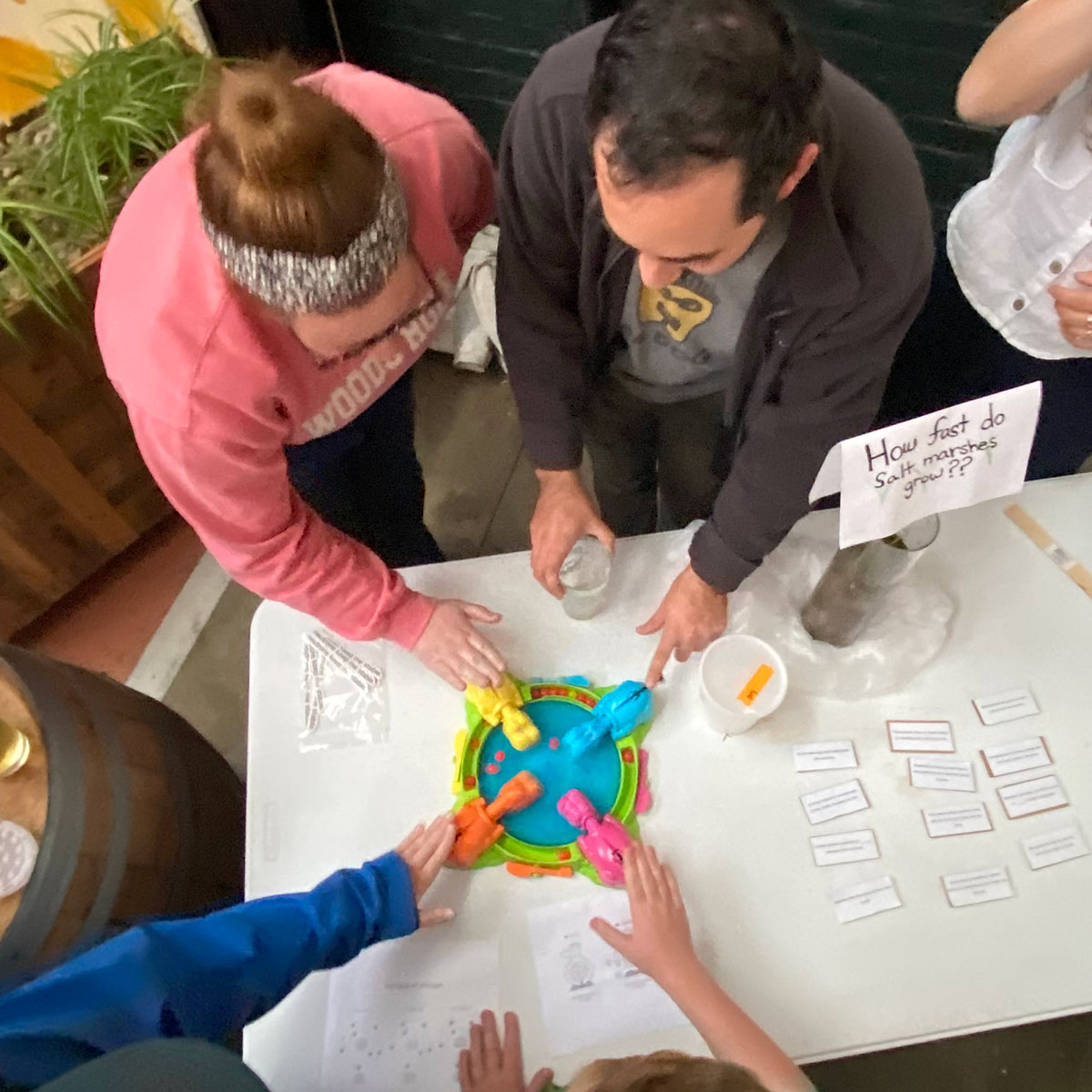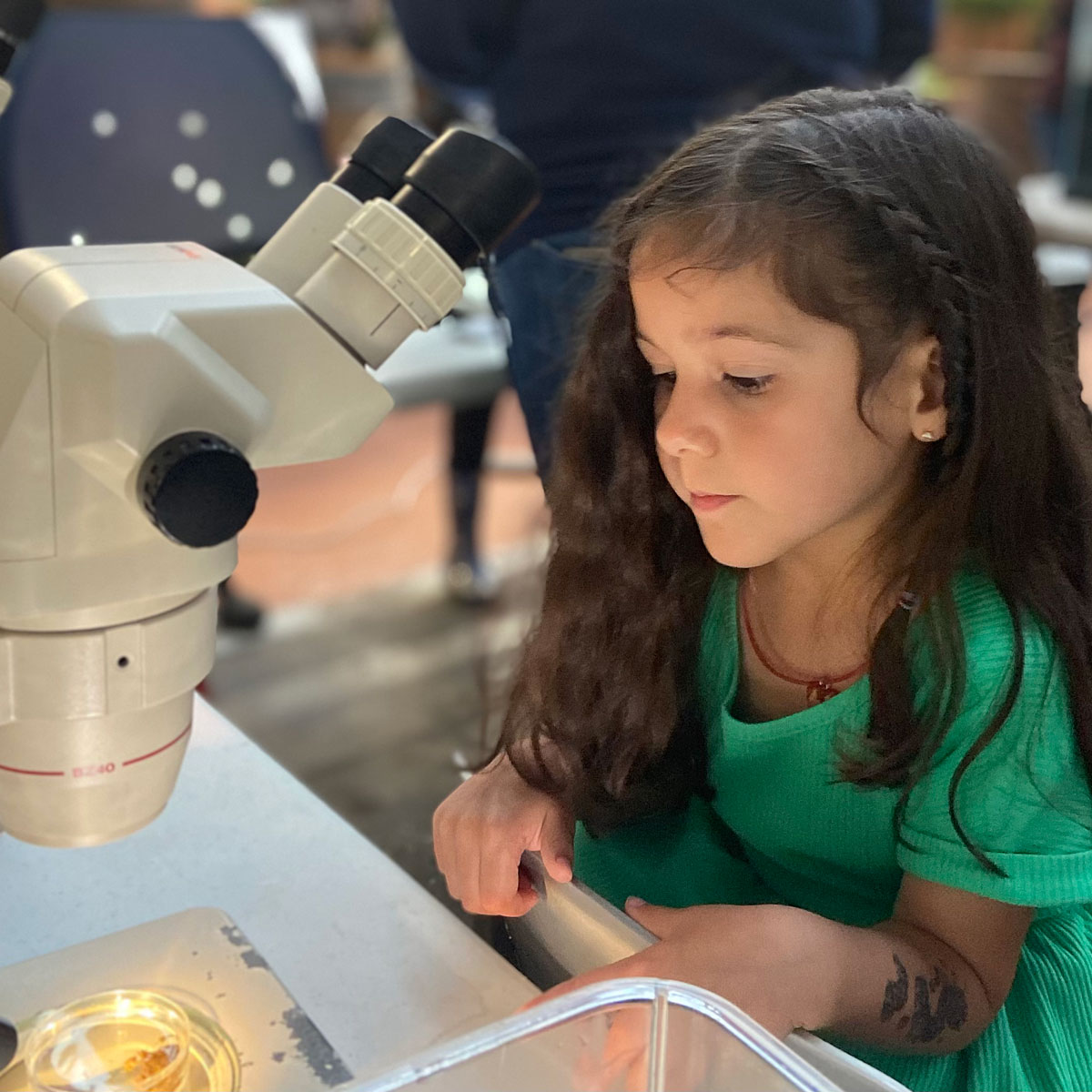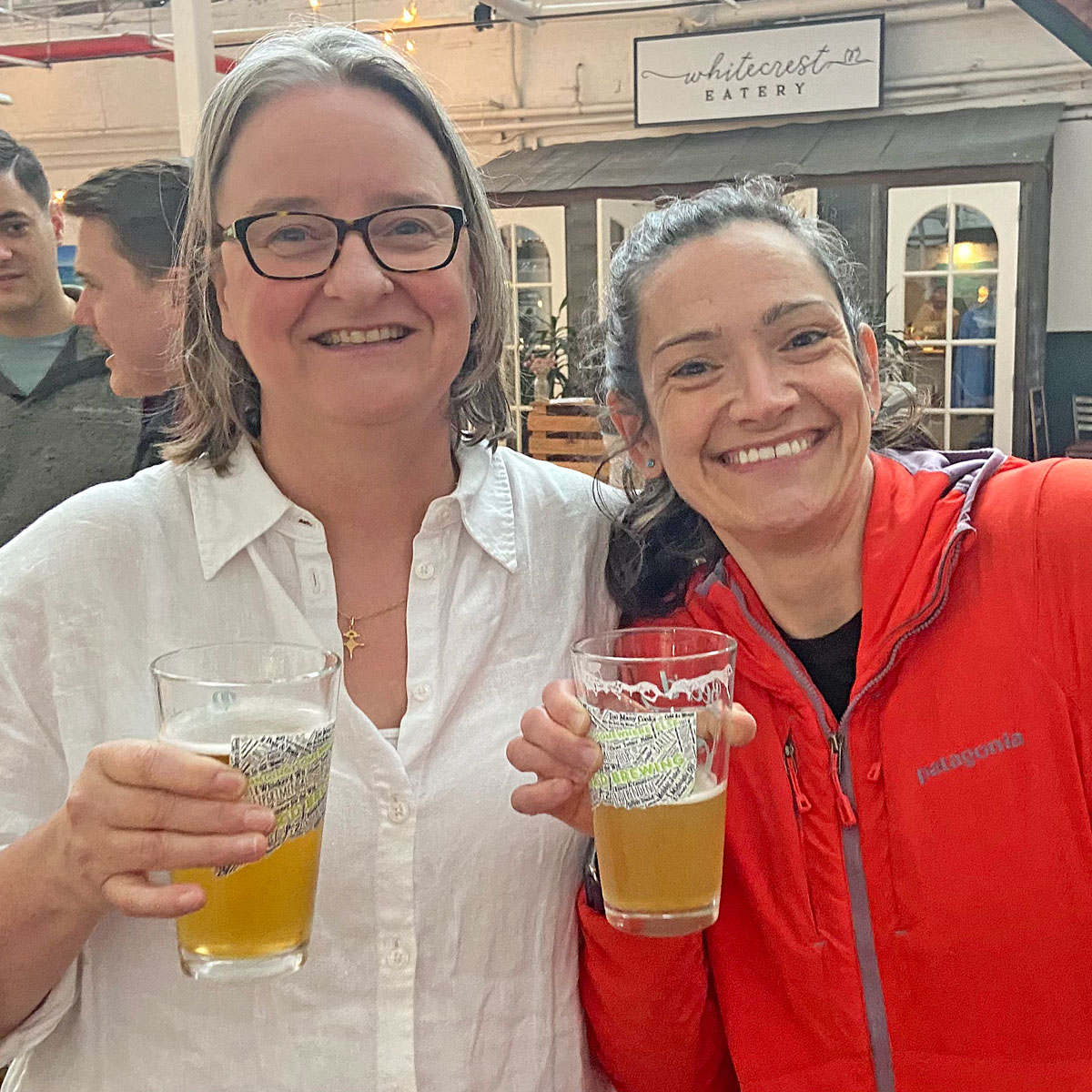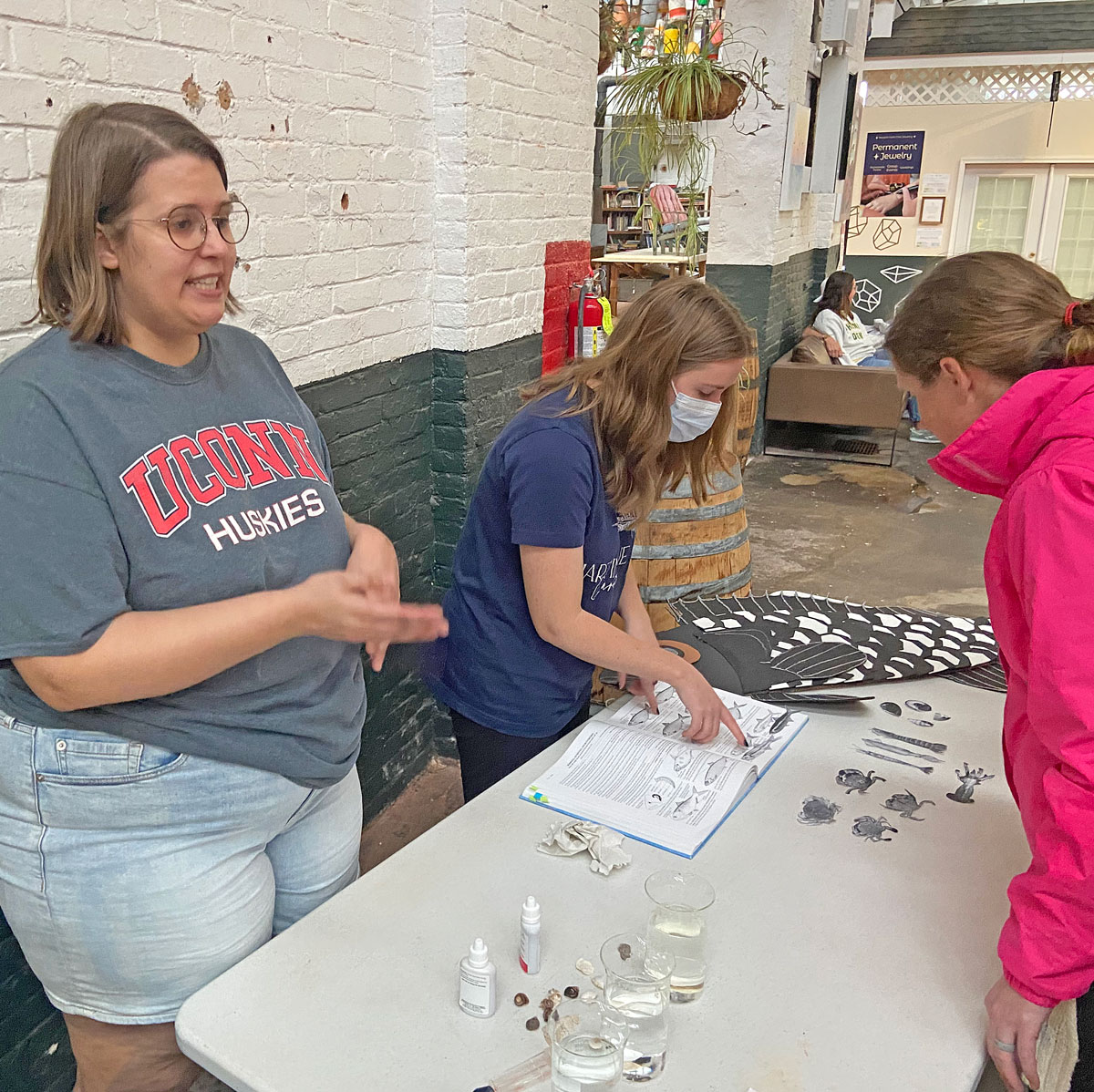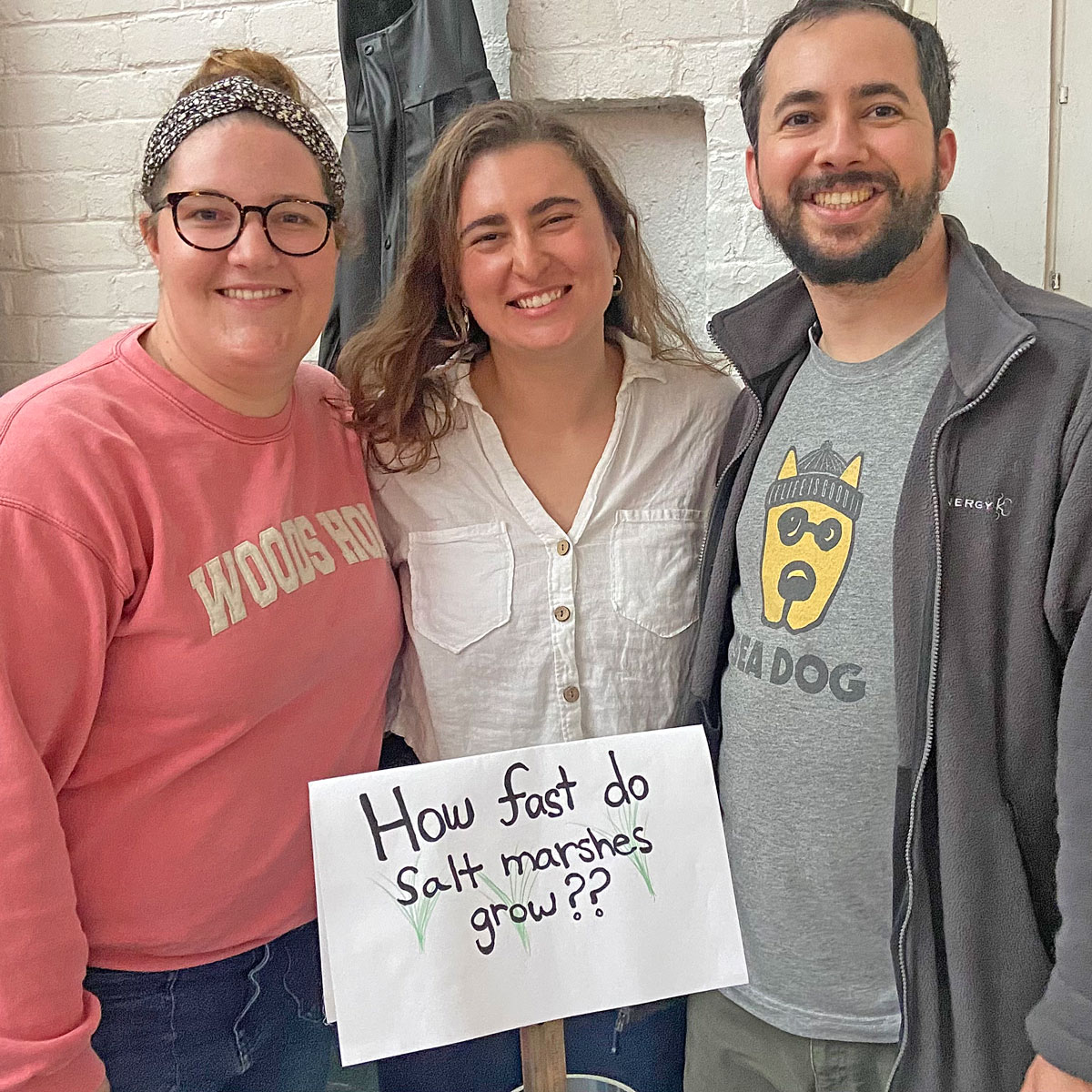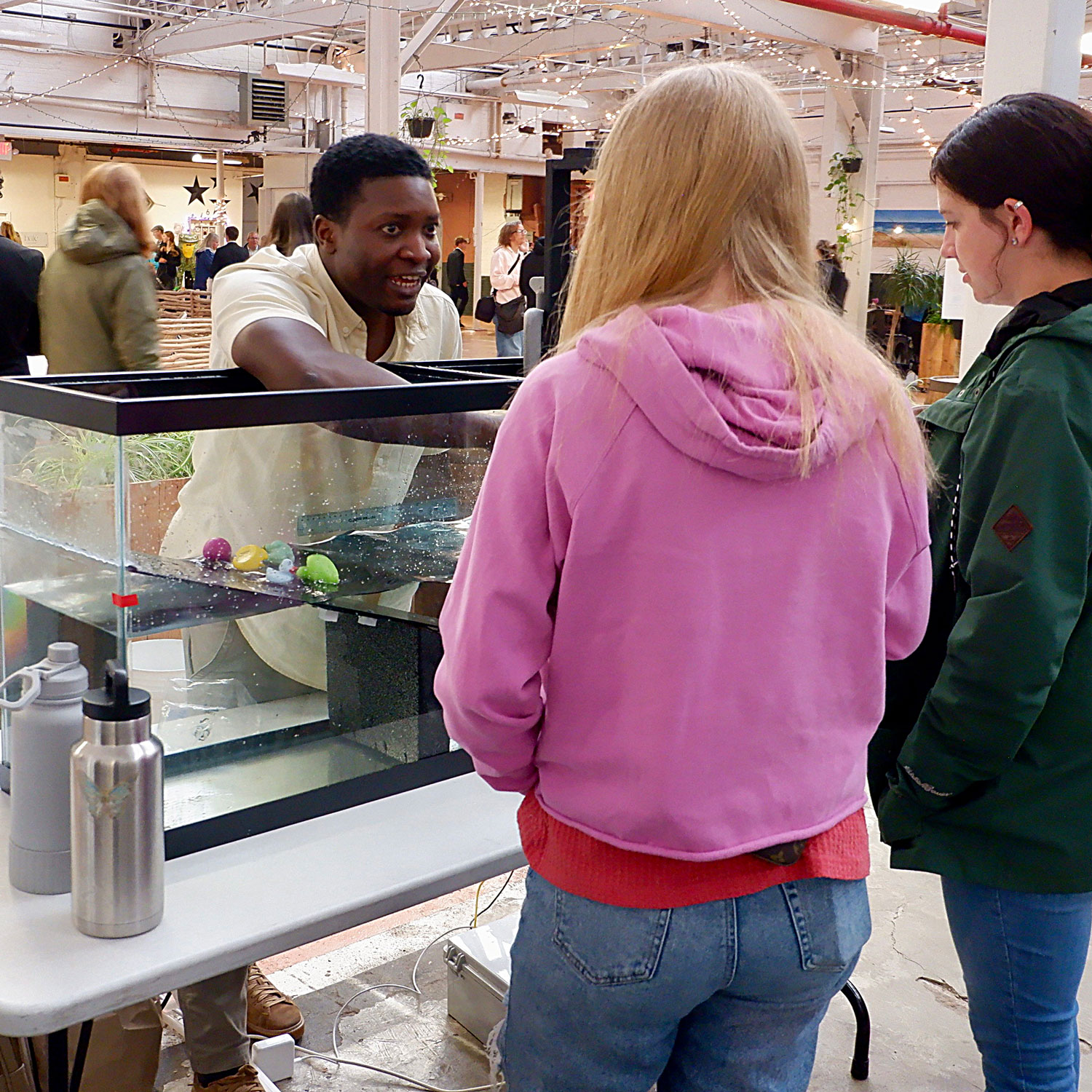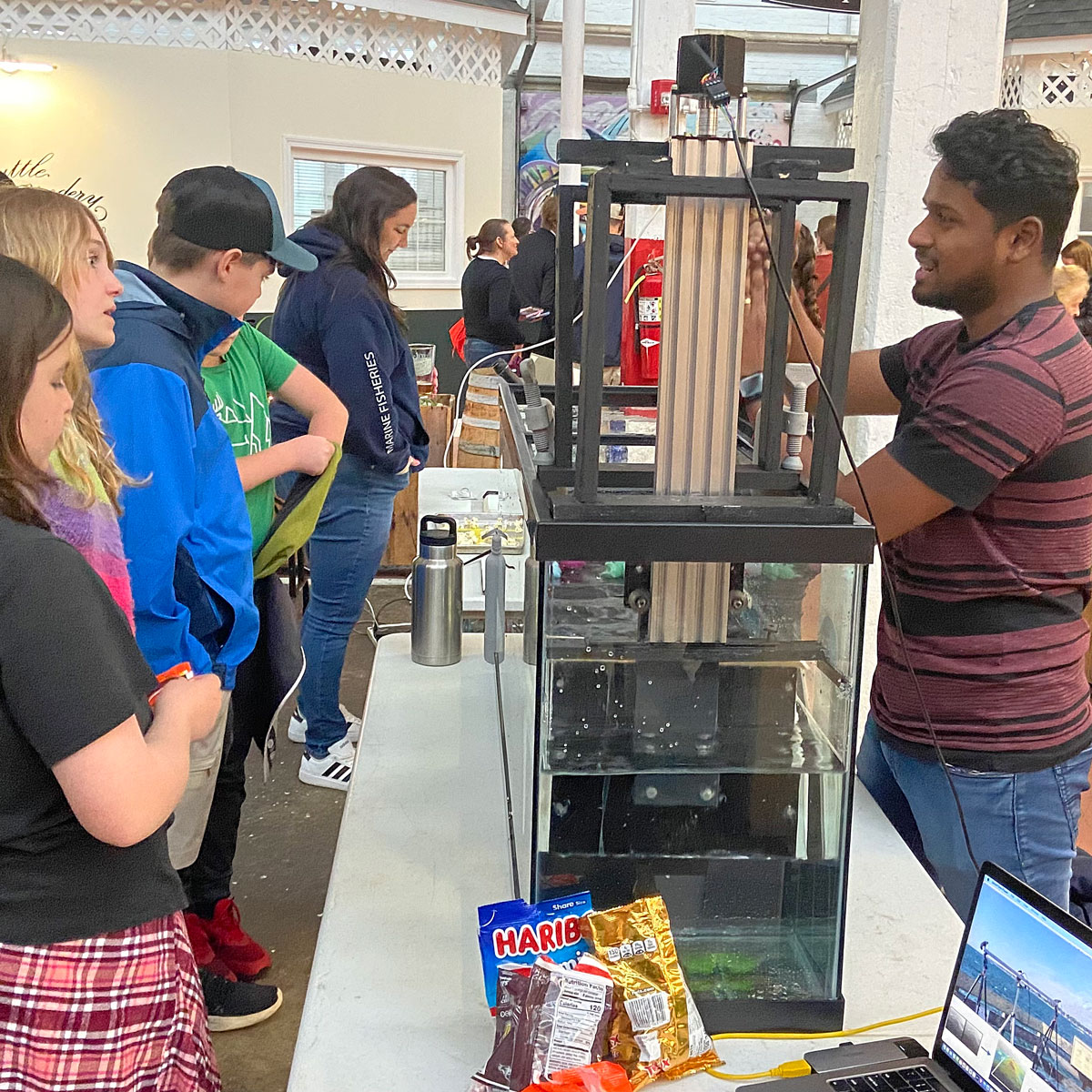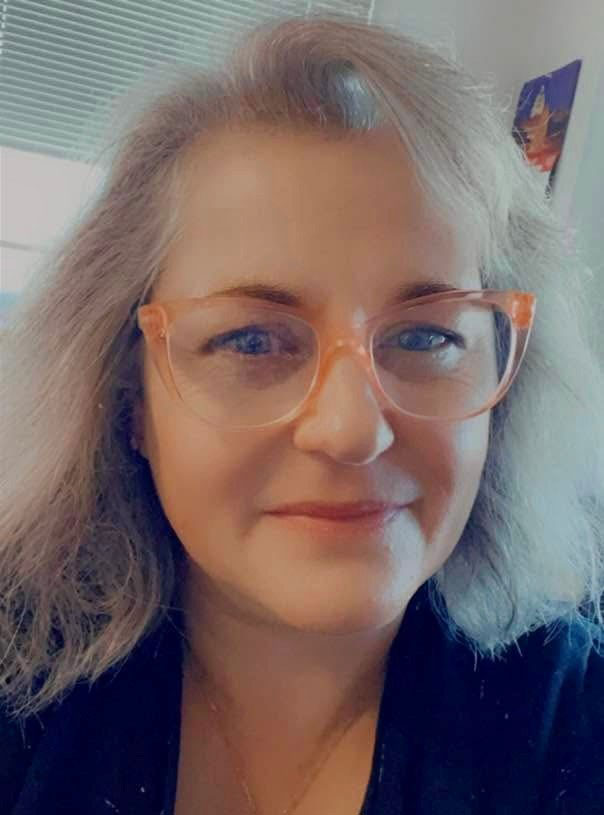Samantha: So, when did you officially start working at UConn? Can you describe your initial role within the Department of Marine Sciences and how that has changed over time?
Janet: I officially began in August 2012 as a Financial Assistant. Initially, my role was to fill the shoes of Pat Evans, who was headed to retirement. I had 3 years to learn everything before she retired! Now, my official title is Financial Assistant 2 Expert Level at UConn.
Samantha: I have interacted with you quite a bit, especially with shipping equipment around the world, so I know you do a multitude of different things! You undoubtedly serve an integral role in this department. Could you share some of the many tasks that keep you busy? How would you describe your day to day in the department?
Janet: I am a jack of all trades! I support all of the back end work related to purchasing, purchase orders, and credit cards. I ensure that all accounts are handled properly to make UConn audit proof. Beyond just the research support, I also work with shipping, undergraduate payroll, and reimbursements. I also support efforts related to the boat and dive locker, and I do a lot of problem solving. This is just like science in the sense that I am multitasking across different skills and disciplines to reach the end goal. Besides these specific tasks, my day-to-day does involve a lot of interruptions. While there are just 100 people in this department, I also interact with the main campus, so I end up with a lot to balance between all different people.
Samantha: You are truly doing so many different things to support all the workings of the department! What would you say are the most rewarding and challenging parts of your job?
Janet: The most rewarding part is definitely watching the students grow and seeing where they all end up, especially the graduate students. I enjoy having the ability to see the success from the sidelines of the direct research over the years. It is also rewarding to see the opportunities that women have now, that my generation just did not. I would say that the most challenging part of my job is the moments when many people need many things at the same time. I may have phone calls, red flag emails, and someone in my office at the same time, and that can be very chaotic! At one point, I was independent as the staff was transitioning within the department. That was certainly tough, but Elizabeth Rawlinson (another Financial Assistant in the Department of Marine Sciences) more evenly spreads the weight of the many tasks.
Samantha: What have you seen change most in the department over time?
Janet: There has been an increase and extension of global research. The department has grown over time with added faculty positions and disciplines. However, the involvement in shipping and travelling globally has exploded.
Samantha: Now considering you worked for both Pfizer and UConn Avery Point (right down the road from each other), I have to ask: are you local to this part of CT?
Janet: Yes, I am originally from Norwich, CT. My dad was in the U.S. Navy, so we moved up and down the seaboard, but I always loved this area. I did not necessarily think I would have a job also related to the ocean, but I couldn’t imagine not being along the coastline.
Samantha: And for fun, when you are not at work, what could we find you doing?
Janet: I would usually say that you could find me reading, but I am currently being bossed around by my 3-year-old grandson! He keeps me quite busy, but he is certainly gifting me with a very full life in this season.
Samantha: That is so wonderful! Thank you so much for setting aside some time in your busy day for me! Your role is so greatly appreciated in the department, and we couldn’t do very much without you!
And as soon as I stepped out, someone walked in right behind me with a question! She certainly does so much to hold us all together.
